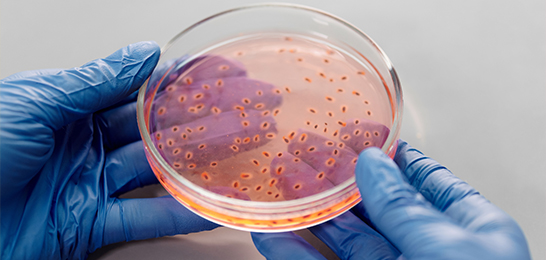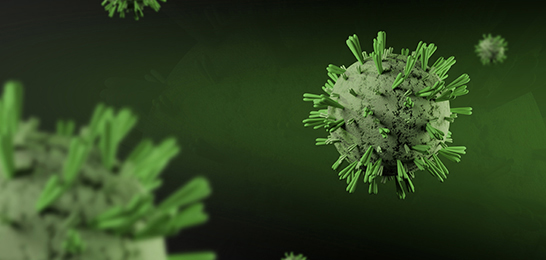Published Date: Apr 08 2023
Liraglutide treatment for diabetes
Type 2 diabetes is a chronic compensated disease with high blood sugar levels, mainly characterized by decreased insulin secretion and increased liver glucose output. Liraglutide was approved for adult type 2 diabetes in Europe in 2009 and in the United States in 2010. Its mechanism of action is mainly achieved by stimulating pancreatic beta cell proliferation and inhibiting apoptosis to achieve pancreatic function regeneration. Studies have shown that Liraglutide treatment can inhibit the serine phosphorylation of IRS-1 in mouse skeletal muscle cells to enhance insulin-induced glucose transporter 4 translocation, thus reducing insulin resistance. Clinical observations have shown that Liraglutide can be used as an adjuvant therapy for postoperative recurrent type 2 diabetes, and its combined use has better therapeutic effects on type 2 diabetes.
Type 1 diabetes is an autoimmune disease mediated by T-cell-induced pancreatic cell damage, and insulin injection therapy is currently the main treatment method. Clinical data show that Liraglutide can be used as a supplementary treatment for type 1 diabetes patients, which can significantly improve blood sugar, reduce the risk of severe hypoglycemia, and increase lipid oxidation and heat production to reduce weight, but also increase gastrointestinal adverse reactions. In addition, Liraglutide treatment can also inhibit the formation of hyperglycemia and lipolysis in type 1 diabetes. One study found that Liraglutide can inhibit human T lymphocytes from producing gamma interferon under high glucose conditions, which implies that Liraglutide also has potential therapeutic effects in the immune regulation process of type 1 diabetes.
Liraglutide treatment for obesity
Obesity is a chronic metabolic disease caused by multiple factors such as genetics and environment, leading to excessive accumulation of fat and significantly exceeding normal body weight. Currently, most obesity treatment guidelines recommend the use of drug therapy in combination with lifestyle changes, and among them, Liraglutide has been approved by the US Food and Drug Administration as a safe and effective weight loss drug, with better effects than enhanced behavioral treatment for obesity. Liraglutide treatment mainly controls obesity by controlling appetite to reduce food intake. Its mechanisms mainly include activating GLP-1 receptors in the brain to produce anorectic effects; at the same time, regulating intestinal flora and delaying gastric emptying to increase satiety. In addition, it may also induce browning of white adipose tissue through the soluble guanylate cyclase-dependent pathway, activate adenylate cyclase pathway to reduce weight, and improve obesity. Clinical data analysis shows that Liraglutide controls obesity independently of the hypoglycemic effect and has a therapeutic effect on diabetes and non-diabetic patients. Synergy between long-acting vasopressin and Liraglutide can reverse obesity through the melanocortin-dependent pathway and has better tolerance.
Liraglutide treatment for mental disorders
Mood disorders, including major depressive disorder and bipolar disorder, are the major causes of disability and death worldwide, with cognitive as their core area. Currently, effective clinical treatments for mood disorders are limited, and severe mental illness is associated with cardiovascular disease, obesity, or metabolic syndrome. Liraglutide treatment as an anti-obesity and anti-diabetic drug has been proven safe for mental health in ongoing phase II and III randomized, double-blind trials. Liraglutide has good safety and tolerability for non-diabetic patients with mood disorders and can improve cognitive function. Interestingly, this improvement in cognitive function is closely related to changes in brain volume, including increase in volumes of the caudate nucleus, putamen, cortical area of the frontal lobe, and lateral orbitofrontal cortex.









